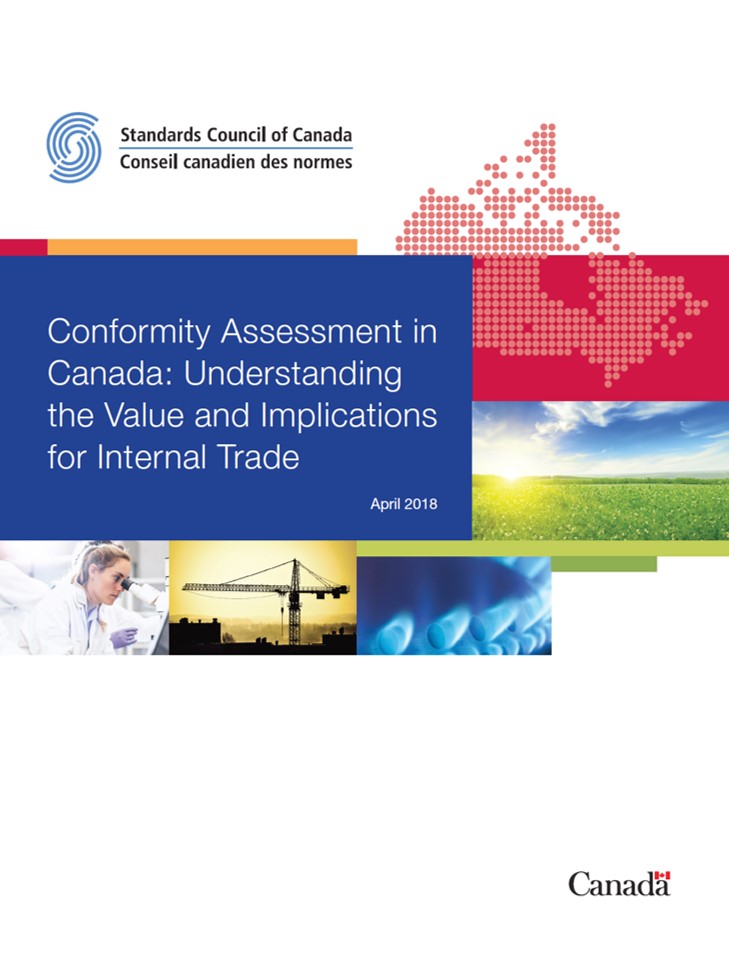Research
Reports Recommends harmonisation of standards to support free internal trade
The Standards Council of Canada (SCC) has published three reports that identify different and/or duplicative standards, codes, and certification requirements between provinces and territories in Canada. These differences and duplications demonstrate the importance of aligning standards to strengthen Canada’s economy, create jobs and help Canadian companies compete.
In Standardization Solutions to Remove Trade Barriers in Canada, SCC analyzes internal trade barriers in the crane, heating and plumbing, and emerging regulatory sectors, and presents policy recommendations for aligning standards. If implemented, these recommendations could reduce red tape and lead to economic growth in a way that is sustainable and beneficial for Canadians—today and in the future.
The Case for Aligning Requirements for Water Heaters Across Canada, takes an in-depth look at the Canadian Registration Number (CRN) system, as it applies to water heaters. Through consultation with key industry stakeholders, SCC notes different regulatory requirements between provinces and territories in Canada, which cause headaches for manufacturers and distributors. This unnecessary barrier to internal trade can increase direct costs and delay the time it takes to bring new products to market. To remove this barrier, SCC recommends that provinces and territories negotiate a consensus on how to align regulatory requirements for water heaters.
Conformity Assessment in Canada: Understanding the Value and Implications for Internal Trade, examines how conformity assessment – the practice of determining whether a product, service or system meets the requirements of a particular standard – can help to facilitate internal trade in Canada. The report provides an overview of the conformity assessment system, what it is and how it operates, and also looks at its social and economic importance to Canada. The report examines how duplicative conformity assessment requirements can act as a barrier to internal trade.
All three reports were made possible through a partnership between SCC and Innovation, Science and Economic Development Canada.



